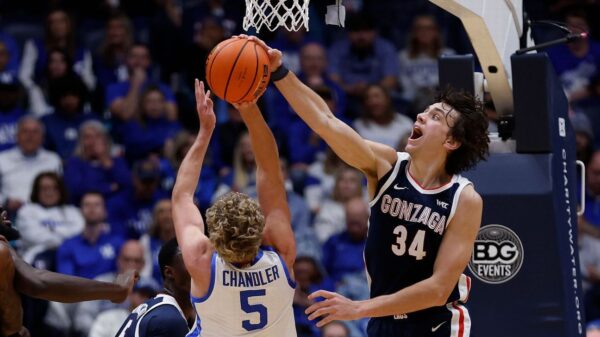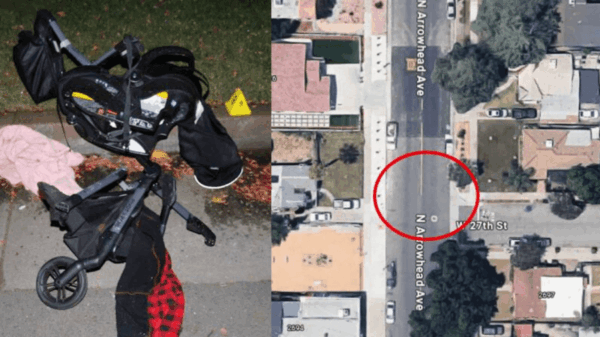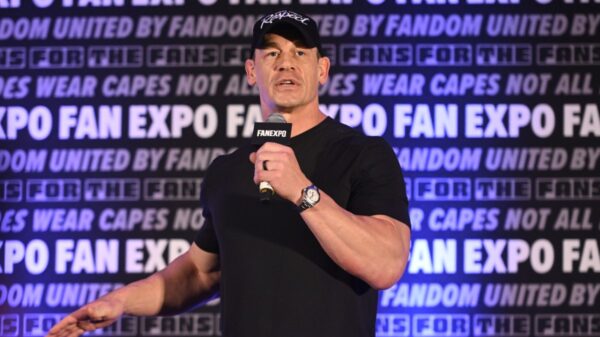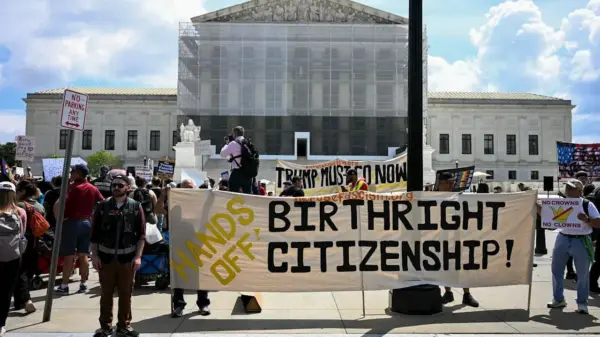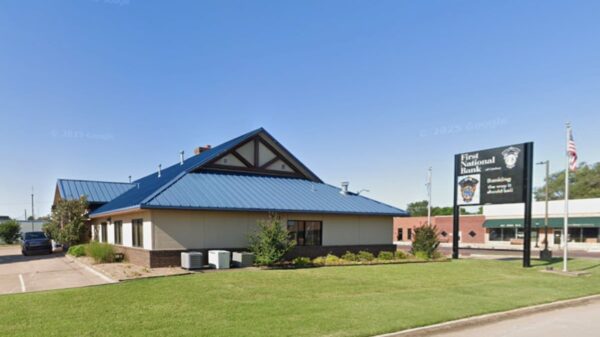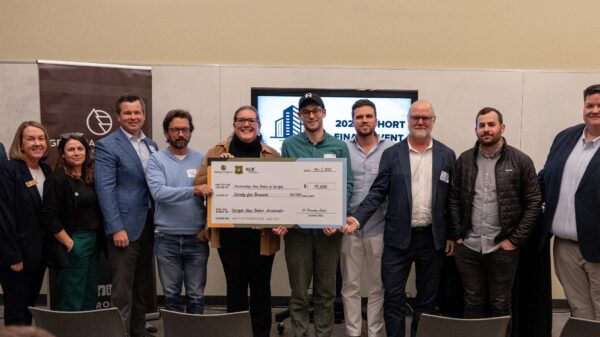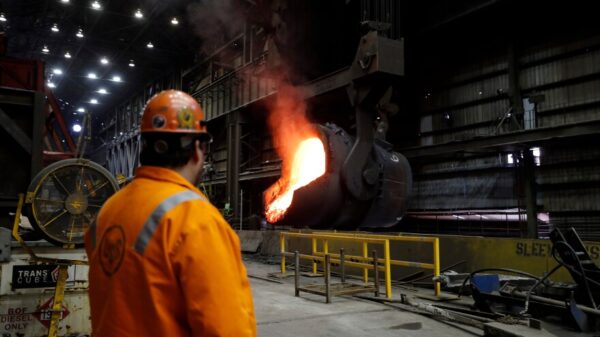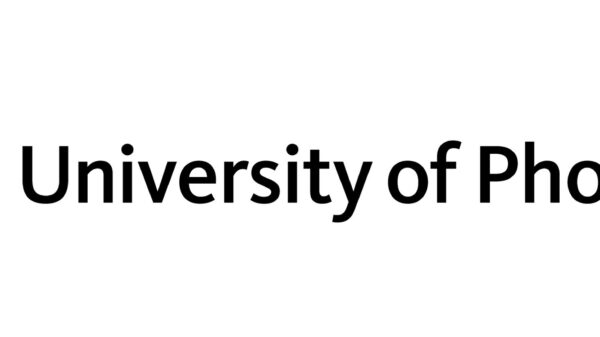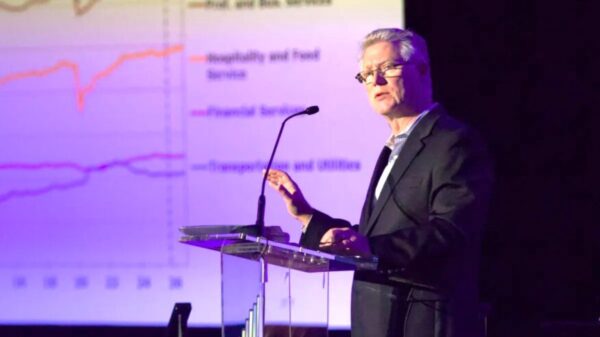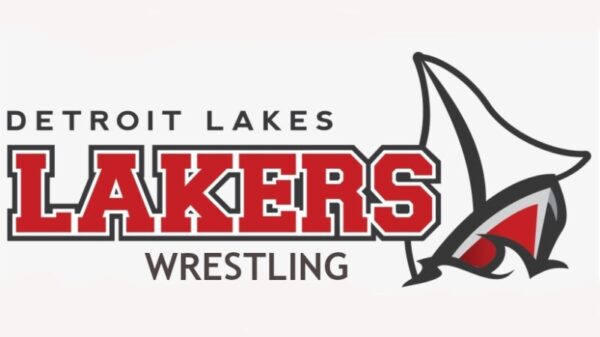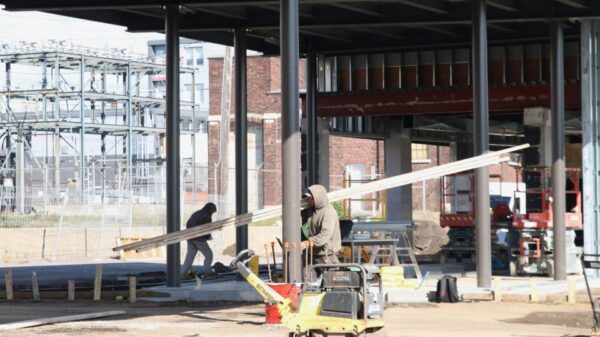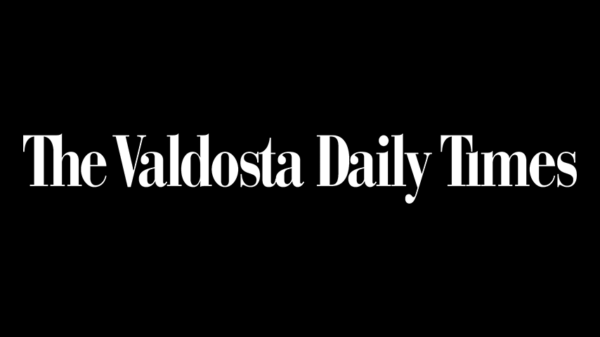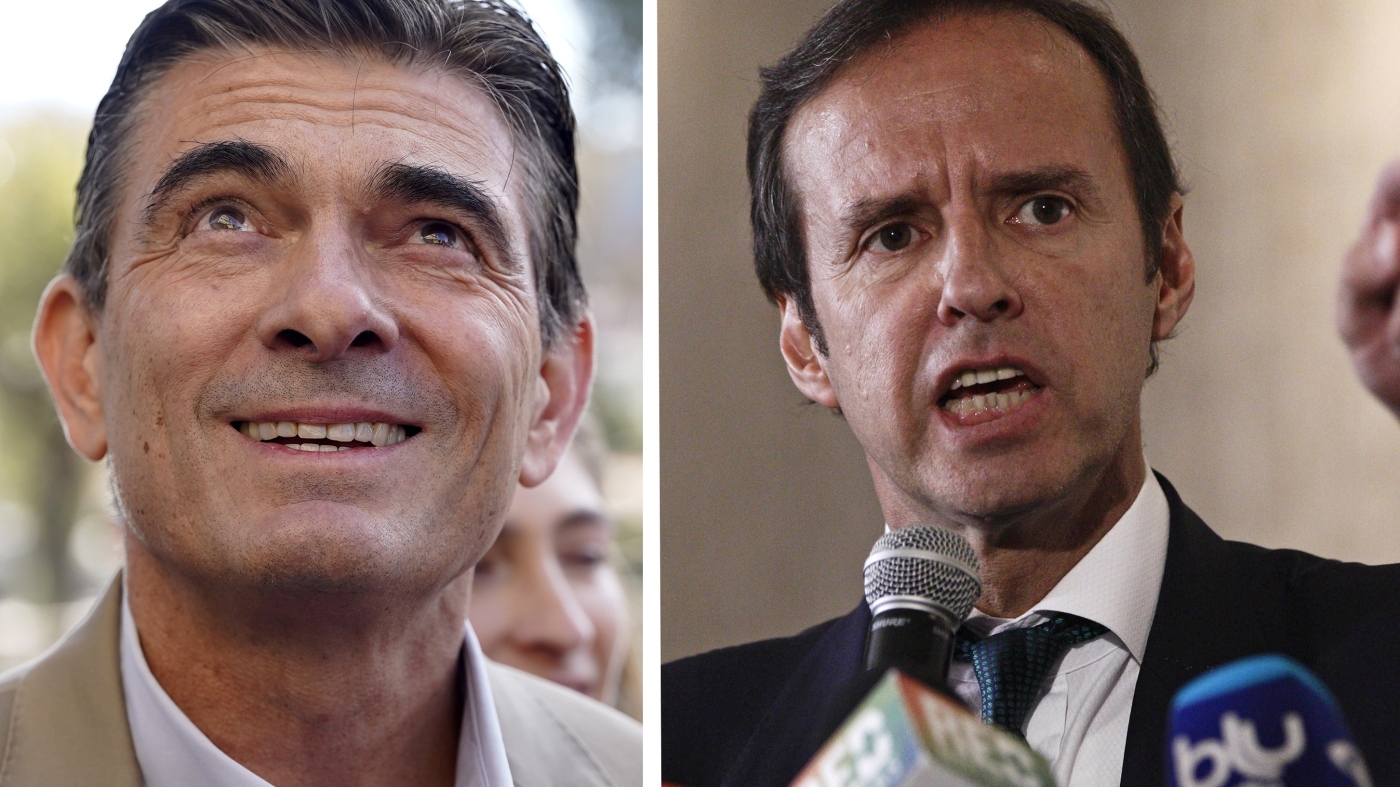UPDATE: Bolivia is set for a historic presidential runoff on October 19, 2023, after a dramatic election on Sunday that ended over two decades of left-wing control. The centrist candidate, Sen. Rodrigo Paz, emerged as a surprise leader with 32.8% of the votes, outpacing right-wing contender Jorge “Tuto” Quiroga, who received 26.4%, according to early results.
This unprecedented runoff marks Bolivia’s first since its return to democracy in 1982. The election results signal a pivotal shift in Bolivian politics as voters express hesitance towards a hard-right turn while seeking alternatives to the leftist Movement Toward Socialism (MAS) party, which has dominated the political landscape since the ascent of former President Evo Morales.
Paz, a former mayor, addressed jubilant supporters, proclaiming, “Always Bolivia, everything for Bolivia. This economic model must change.” His victory underscores a growing demand for a new direction in Bolivia’s faltering economy, which has suffered from soaring inflation rates—over 16%—and severe fuel shortages.
As the MAS party grapples with the fallout from its leadership, the official candidate, Eduardo del Castillo, finished a distant sixth with just 3.2% of the vote. The left’s decline was further underscored by the performance of Senate President Andrónico Rodríguez, who garnered only 8%.
The political landscape is shifting dramatically as Bolivia grapples with economic instability. The country faces a critical shortage of U.S. dollars, impacting imports like wheat and exacerbating the ongoing crisis. Public discontent has surged against the MAS, especially following the administration of President Luis Arce, who has been criticized for failing to stabilize the economy.
Paz’s rise is a clear indication of the public’s desire for change. His centrist platform seeks to balance the need for economic reform without the harsh austerity measures proposed by right-wing candidates. His opponents, Quiroga and businessman Samuel Doria Medina, both failed to capture the public’s imagination, with Doria Medina acknowledging his fourth unsuccessful presidential campaign, stating, “I wanted to serve Bolivia as president, and it hasn’t been possible.”
In a country that has experienced profound political shifts, Paz’s candidacy represents a blend of new ideas rooted in Bolivia’s political legacy. Despite his ties to the political elite—being the son of former President Jaime Paz Zamora—he is perceived as a refreshing alternative.
With the runoff approaching, all eyes will be on how Paz and Quiroga articulate their visions for Bolivia’s future. As the nation confronts its economic challenges, voters will decide whether to embrace a centrist path or revert to right-wing policies reminiscent of the past.
As Bolivia navigates this critical juncture, the upcoming weeks will be crucial in determining the direction of the country’s political and economic landscape. Stay tuned for more updates as this story develops.


